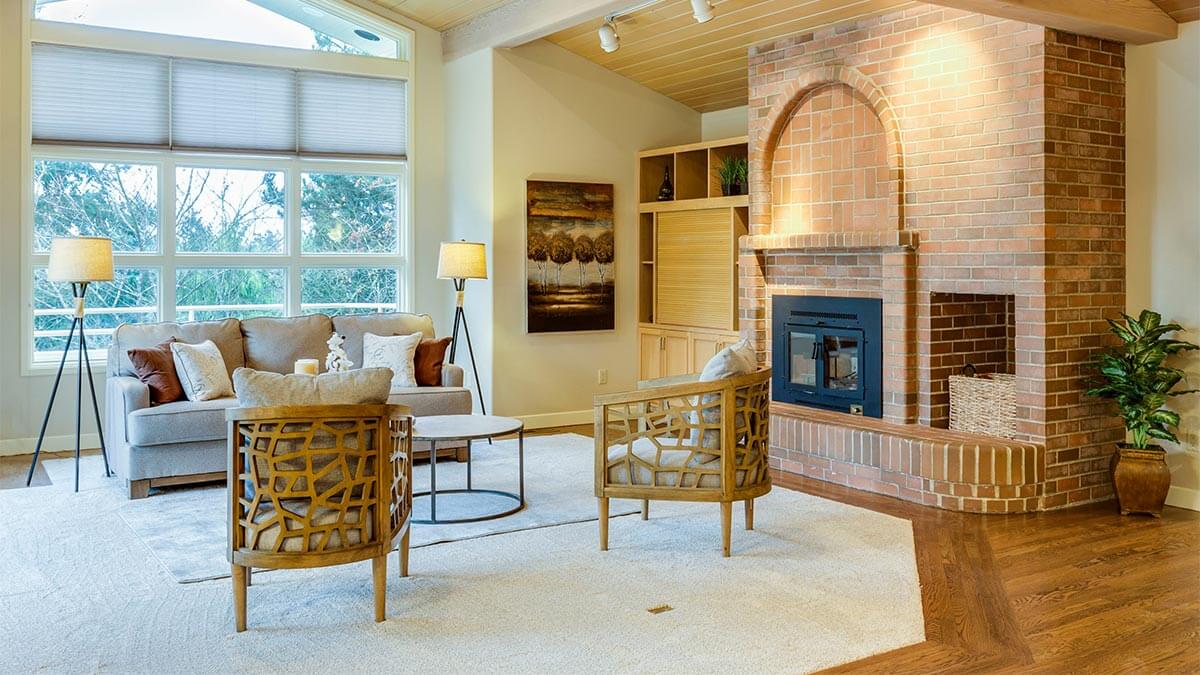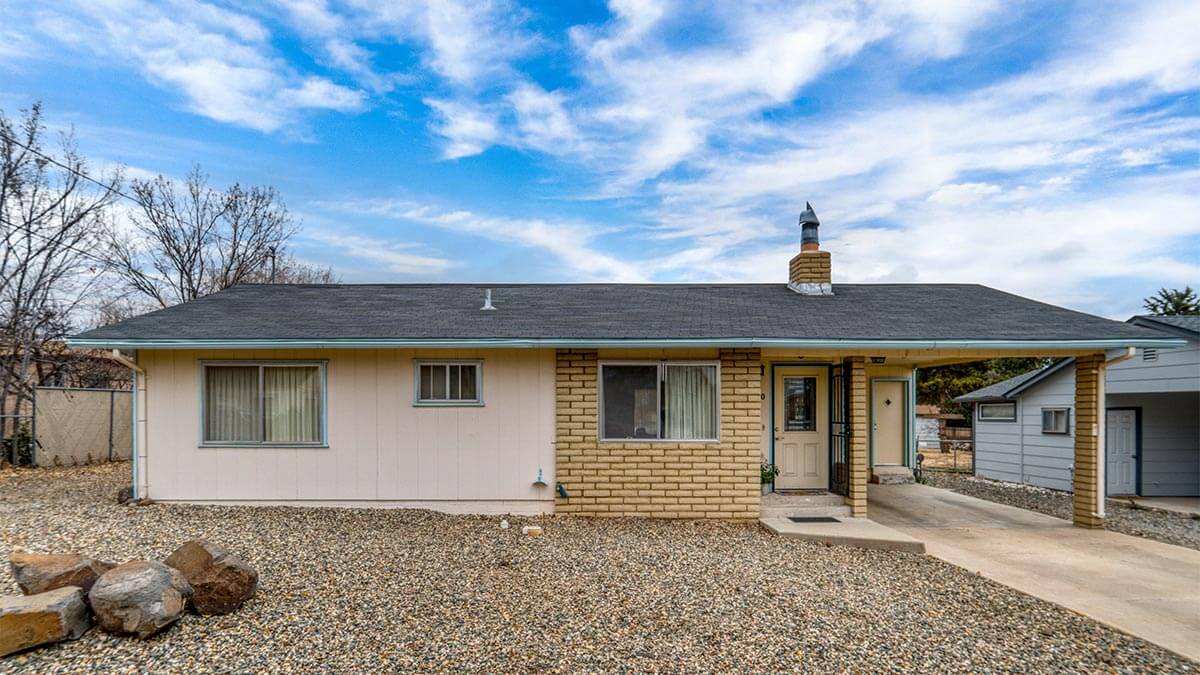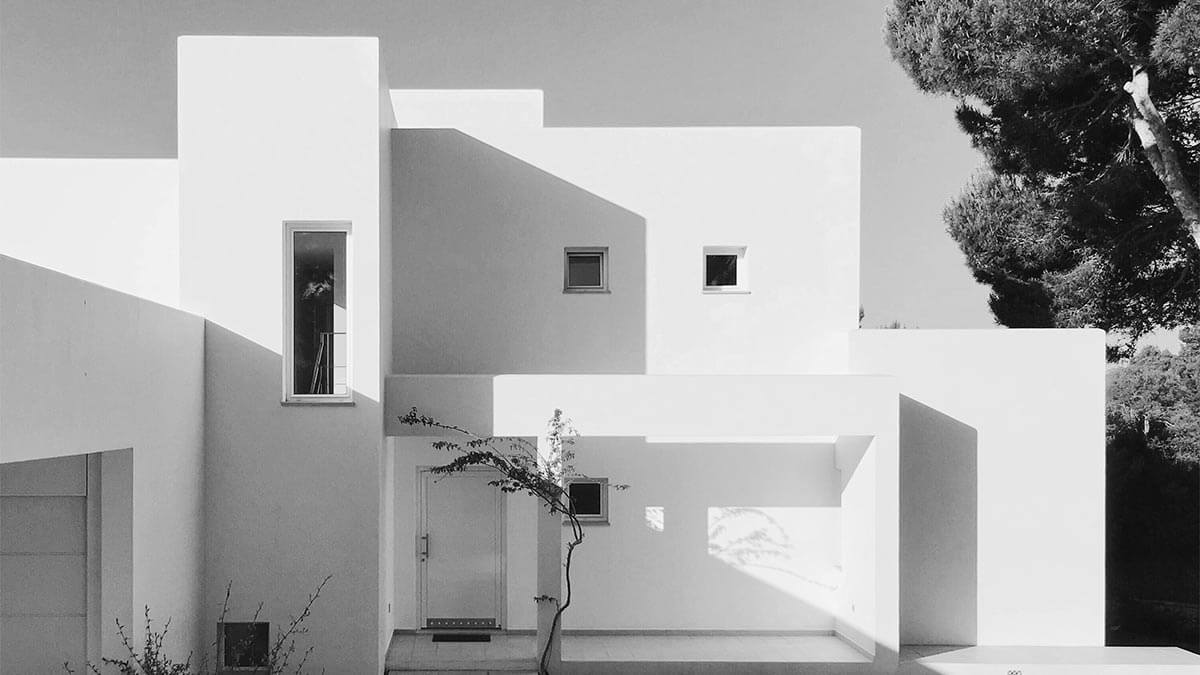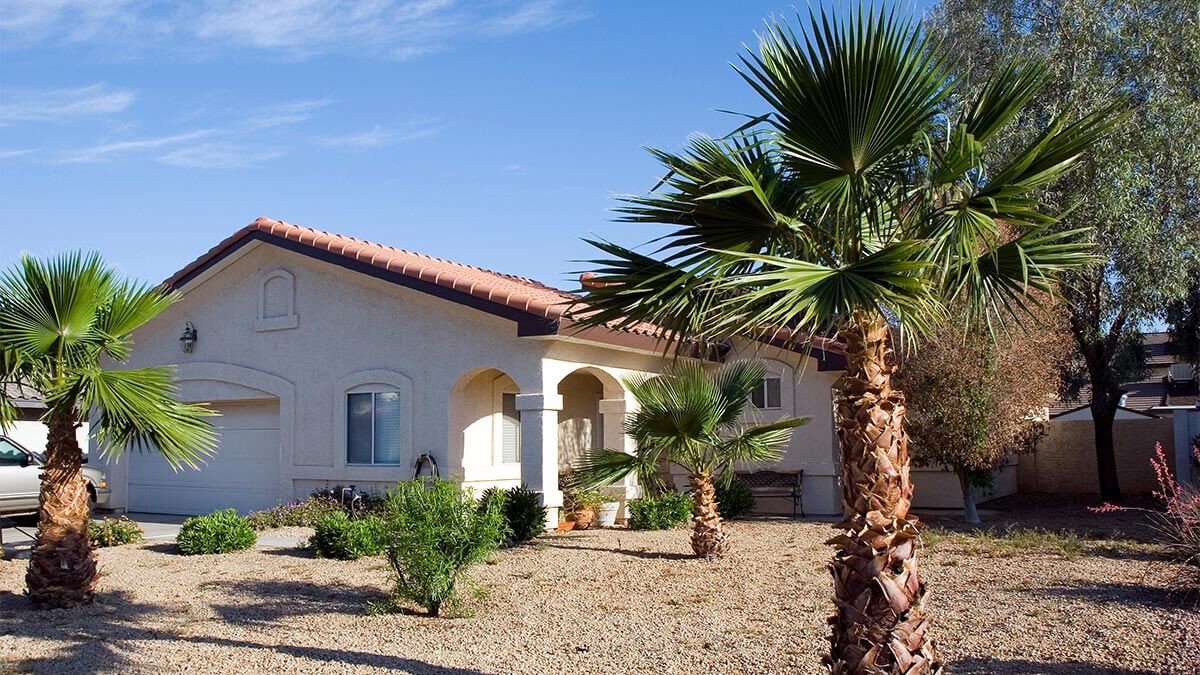A home inspection is one of the most important single parts of the multi-step real estate transaction process. Both the buyer and the seller are interested in getting an accurate evaluation after the home inspection. An undervalued property after an improper home inspection can result in a drastically lower selling price, whereas an overvalued property can slow down the selling process and lead to legal problems later on.
Table of contents
Average Costs of a Home Inspection in Colorado
The average cost of a home inspection in Colorado will usually be in the low three-digit range, especially for rural properties. A homeowner isn’t expected to pay more than $375 to $575 for a home inspection unless a specific problem is discovered and further specialized inspections become necessary.
Factors Influencing Cost
When it comes to how much a home inspection costs in Colorado, three main factors contribute to the price:
- Location – a home inspection in a rural area is always more affordable than one in an urban environment (assuming a similar square footage). Even in an urban environment like Denver, the particular neighborhood we’re talking about can also affect the price.
- Square footage – this is the primary factor for the total costs of an inspection, as people’s properties can vary greatly in size.
- Type of Inspection – the above price range is for a general home inspection, but there are more specialized types of home inspection that can cost extra.
What Does a Typical Home Inspection Include?
A typical general home inspection in Colorado should include a thorough look into all of the following:
- HVAC systems
- Fireplaces
- Plumbing
- Electrical systems
- The roof
- The foundation
- The general interior and exterior of the home.
Comparison Across Cities
The average price range of $375 to $575 for home inspections in Colorado is pretty standard for the rest of the country as well. Within the state itself, as
In general, home inspections in rural areas can go as low as $200, whereas home inspections in urbanized areas, such as Denver, Colorado Springs, or Aurora, are almost always north of $500. For towns smaller than Aurora, such as Fort Collins, Lakewood, and Thornton, the prices tend to gradually drop to $300-400 and even closer to $200-300 for smaller towns, such as Arvada, Pueblo, Loveland, Longmont, and others.
It’d be challenging to find even lower prices than that, although Colorado is famous as one of the most affordable states in the US right now, and that does mean a lot of locations where home inspections are cheap too.
Additional Inspection Costs
A general home inspection will include a look into most parts of the home. This means many parts that are also covered by more specialized home inspections, such as the roof, HVAC systems, plumbing, electrical systems, your home’s foundation, and so on.
In most cases, however, the purpose of a general home inspection is merely to look for the presence of specific problems or their symptoms. If any such issues are discovered, a more in-depth specialized inspection will likely be necessary.
Plumbing Inspection – $180 to $225
Should there be any malfunctioning sinks or toilets, issues in the water pipelines, external leakages, in-wall water leaks, chemical corrosion, or other such issues, a plumbing inspection may be necessary. While the initial cost of such an inspection isn’t all that high, the repair costs it leads to can vary greatly, depending on the type of problem that’s discovered. Fixing a faucet is usually easy enough, but in-wall pipe leaks can be very costly to fix.
Electrical Inspection – $150 to $200
An electrical inspection is usually necessary when there are overloaded circuits or something needs earthing. Faulty electrical wiring is usually easy to fix, especially if the problem is external and not inside a wall.
Septic Tank Inspection – $200 to $900
The costs of this inspection can vary a lot based on how big and full the tank is, how difficult it is to inspect, and how severe the problem is. The Inspection checks the tank itself, the leach field, as well as the distribution box and the tank’s grading. A proper inspection should also check whether the effluent is properly entering and leaving the tank.
Roof Inspection – $75 to $200
The primary purpose of a roof inspection is to look for structural damage, as well as wear and tear that may soon lead to such damage. Unaddressed roof damage can lead not just to water leakage or pest infestations but to potential structural issues for the whole home and partial or full roof collapse. A roof inspection will also look for mold.
Chimney Inspection – $300 to $600
Done either simultaneously with the roof inspection or separately, a chimney inspection can be pricey depending on the type of chimney you have and how difficult it would be to inspect its interior. The visual inspection of the chimney is usually done by lowering a camera into it, but the inspector would sometimes need to clear out any debris inside the chimney that are in the way.
A chimney inspection doesn’t just look for blockages either, but also for soot or buildup, as well as for signs of pests. It will also look at the fireplace.
Foundation Inspection – $300 to $1,000
A foundation inspection can be costly depending on the square footage of your home and how difficult the foundation is to access. A foundation inspection needs to be thorough too, as there are usually many more components and segments that need to be checked individually. During the foundation inspection, the inspector will look for mildew, rot, damage to the floorboards, cracks, and more.
Asbestos Inspection – $200 to $800
An asbestos inspection will look into any suspect material in your home that may contain asbestos – floor tiles, ceiling tiles, shingles, and so on. Such an inspection may be necessary if you notice potential asbestos damage in such materials, if you’re planning a home renovation that might disturb the affected material, or if you’re experiencing any symptoms of asbestos exposure such as shortness of breath, dry cough, chest tightness or pain, lack of appetite and loss of weight, clubbing of the toes and fingerprints, and others.
Termite Inspection – $230 to $930
Like other specialized inspections, a termite inspection’s cost can vary a lot depending on how difficult it is to reach and assess the suspected affected areas. The Inspection will look for visible signs of a termite infestation, such as damaged wood, broken materials, bug droppings, and more.
Radon Inspection – $145 to $700
A radon inspection looks over the levels of radon in the air, water, or soil in and around your property. Radon can be a safety hazard if its levels are about 4.0 pCi/L (picocuries per liter, i.e., the rate of decay of radon).
Lead-Based Paint Inspection – $250 to $700
Lead paint can pose major health hazards for the entire family, especially if the toxic lead levels are too significant. The Inspection is done with a visual and chemical check of the property.
HVAC Inspection – $100 to $400
A thorough HVAC inspection should usually be done annually and include a detailed look into the airflow and electrical components of your home’s HVAC systems. The Inspection looks for failures, wear and tear, and assesses the need or lack of maintenance.
Mold Inspection – $200 to $1,000
Mold inspections often need to be very thorough, especially if there are clear signs of the presence of mold. What needs to be inspected is the precise size and spread of the mold infestation. Most types of mold can pose problems for the home itself, and some types can even pose health hazards. Furthermore, the presence of mold can itself be a symptom for other problems such as water leaks or roof damage.
4-Point Inspection – $50 to $150
A typical 4-point inspection covers the plumbing, electrical systems, roofing, and HVAC systems. This can be done as a part of a general inspection, instead of one, or after it, should any particular problems be discovered. A 4-point inspection is fairly common, as these are the four areas in your home that most often need inspecting and/or experience problems.
Exterior Walls Inspection – $200 to $800
Wall inspections are often part of a general home inspection. Specialized wall inspections can become necessary if specific issues are discovered, and their full extent needs to be determined. Such an inspection looks not just for cracks and breakage but for mold, signs of pests, and other irregularities.
Soil Inspection – $700 to $2,000
This can often be the most pricey specialized inspection because its costs are determined by the size of the property. The purpose of this inspection is to look for the presence of specific chemicals or toxins in the soil. These can include barium, lead, copper, zinc, arsenic, and others.
Garage Inspection – $200 to $600
If your property has a garage, a separate garage inspection is strongly recommended. Such an inspection involves most of the same types of checks as a regular home inspection – foundation, walls, roof, electric systems, and more.
Kitchen Inspection – $200 to $400
A specialized kitchen inspection looks at the various kitchen appliances, electronics, and plumbing, as well as for pest symptoms and potential safety issues.
Choosing an Inspector
Ensuring that you’re working with a qualified home inspector is probably the most overlooked step of the process. Most people typically just pick the first name they find, look for the lowest cost, or just go with whoever their real estate agent recommends. After all, any decent home inspector should be able to do a good job, right? As it turns out, many home inspectors perform incredibly poorly, as demonstrated by home inspection investigations.
Going with the real estate agent’s recommendation may seem intuitive and easy, but it does present a conflict of interest, as the agent is usually looking to just close the deal as soon as possible. If you really trust your real estate agent, that shouldn’t be an issue, but it’s recommended that you do some research yourself too. Here are some things to look out for:
- Ask for friends’ referrals.
- Look for online referrals on communities such as Patch or NextDoor.
- Look at inspectors’ credentials at organizations such as the National Academy of Building Inspection Engineers, the American Society of Home Inspectors (ASHI), the International Association of Certified Home Inspectors (InterNACHI), and others.
- Look specifically for consumers’ complaints online.
- When choosing between two or more inspectors, ask for sample copies of their previous inspection reports and compare how thorough, detailed, and well-written they are.
- Prioritize experience and make sure to always work with someone who has been in the business for at least several years.
- Ask what exactly you’d get for the price. Don’t look just for anything that might be missing too, but also for certain free services, some inspectors include such as drone view, infrared cameras, and more.
Final Thoughts
The importance of a quality home inspection for real estate transactions is so significant that figuring out how much a home inspection cost in Colorado can almost seem like a non-issue. Of course, the difference between $200 and $800 is nothing to sneeze at, but by far the most important thing is to find a home inspector who will do a quality job.
The second most important factor is often that it’s going to take time to find the right home inspector, as real estate sales often need to happen fast. To that end, if you’re having trouble finding a good inspector in time, you can always look for a solution from iBuyer.com.




